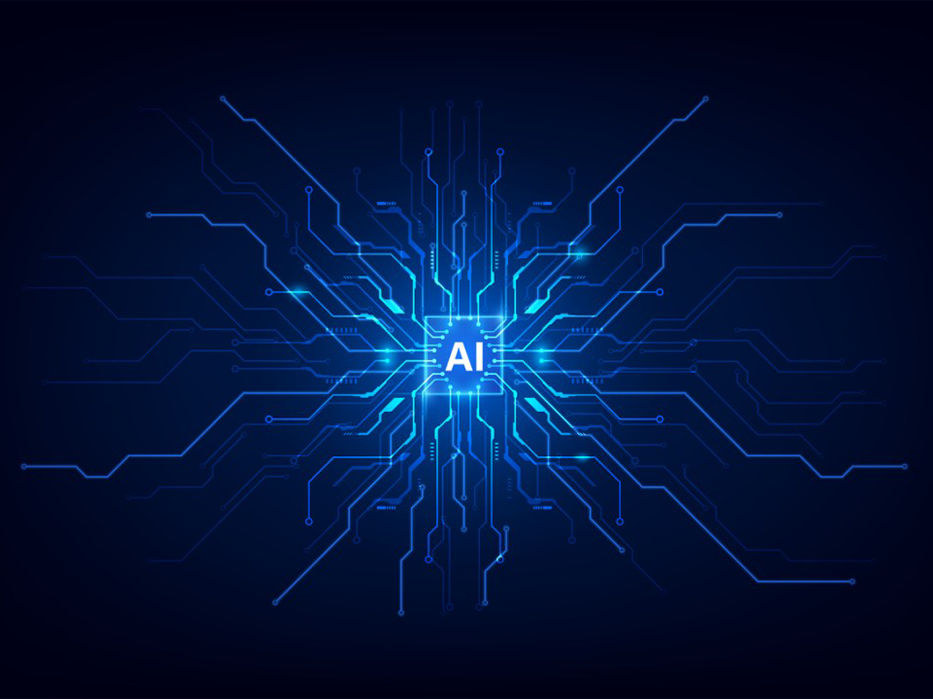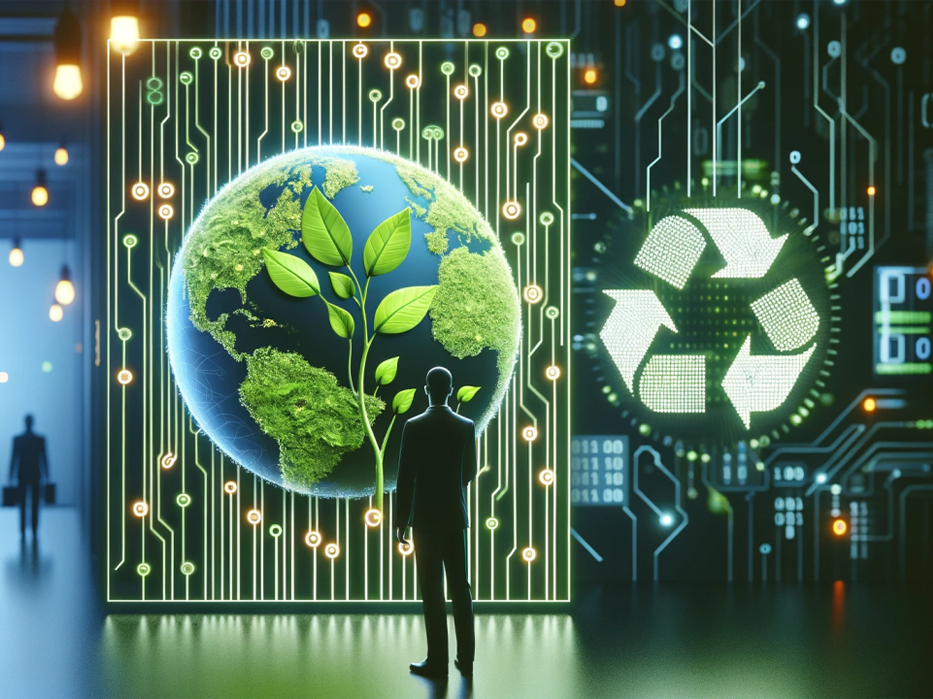AI-powered automation is revolutionizing the way businesses operate by streamlining processes, reducing human error, and increasing efficiency. From simple repetitive tasks to complex decision-making processes, AI is reshaping workflows across various industries.
Key Benefits of AI-Powered Automation
- Increased Efficiency: AI can handle repetitive tasks at a scale and speed that humans cannot match, freeing up human workers for more strategic activities.
- Cost Reduction: Automating routine tasks reduces the need for manual labor, lowering operational costs.
- Improved Accuracy: AI systems can reduce errors associated with manual data entry and other repetitive tasks, leading to more reliable outcomes.
- Scalability: AI can scale operations quickly, adjusting to increased workloads without the need for proportional increases in human resources.
- 24/7 Operations: AI-driven systems can operate around the clock, ensuring continuous productivity without the limitations of human working hours.
Applications Across Industries
- Manufacturing: AI-powered robots and systems can automate production lines, quality control, and inventory management, leading to more efficient and flexible manufacturing processes.
- Healthcare: AI is transforming patient care through automated diagnosis, treatment plans, and patient monitoring, improving outcomes while reducing the workload on healthcare professionals.
- Finance: AI automates fraud detection, credit scoring, and trading algorithms, enhancing security and decision-making processes in financial institutions.
- Customer Service: AI-driven chatbots and virtual assistants can handle customer inquiries, providing immediate responses and improving customer satisfaction.
- Supply Chain Management: AI optimizes logistics and inventory management, reducing costs and improving the reliability of supply chains.
The Role of Machine Learning and AI in Automation
Machine learning, a subset of AI, plays a crucial role in automation by enabling systems to learn from data and improve over time. This allows for the automation of complex processes that require adaptation to changing conditions.
- Predictive Maintenance: In industries like manufacturing, AI can predict equipment failures before they happen, reducing downtime and maintenance costs.
- Personalization: AI enables the automation of personalized marketing campaigns, product recommendations, and customer interactions based on individual preferences and behavior.
Challenges and Considerations
- Data Quality: The effectiveness of AI systems depends on the quality of the data they are trained on. Poor data can lead to inaccurate predictions and decisions.
- Security: As AI systems handle sensitive data and critical tasks, ensuring their security from cyber threats is paramount.
- Ethical Concerns: The use of AI in decision-making processes raises ethical questions, especially in areas like hiring, where biases in data can lead to unfair outcomes.
- Workforce Impact: While AI-powered automation can enhance productivity, it also raises concerns about job displacement and the need for workforce reskilling.
Conclusion
AI-powered automation is transforming workflows by enhancing efficiency, reducing costs, and enabling new capabilities across industries. As businesses continue to adopt AI, they must also address the challenges associated with its implementation to fully realize its benefits. The future of work will be increasingly shaped by AI, making it essential for organizations to stay ahead of this transformative technology.





